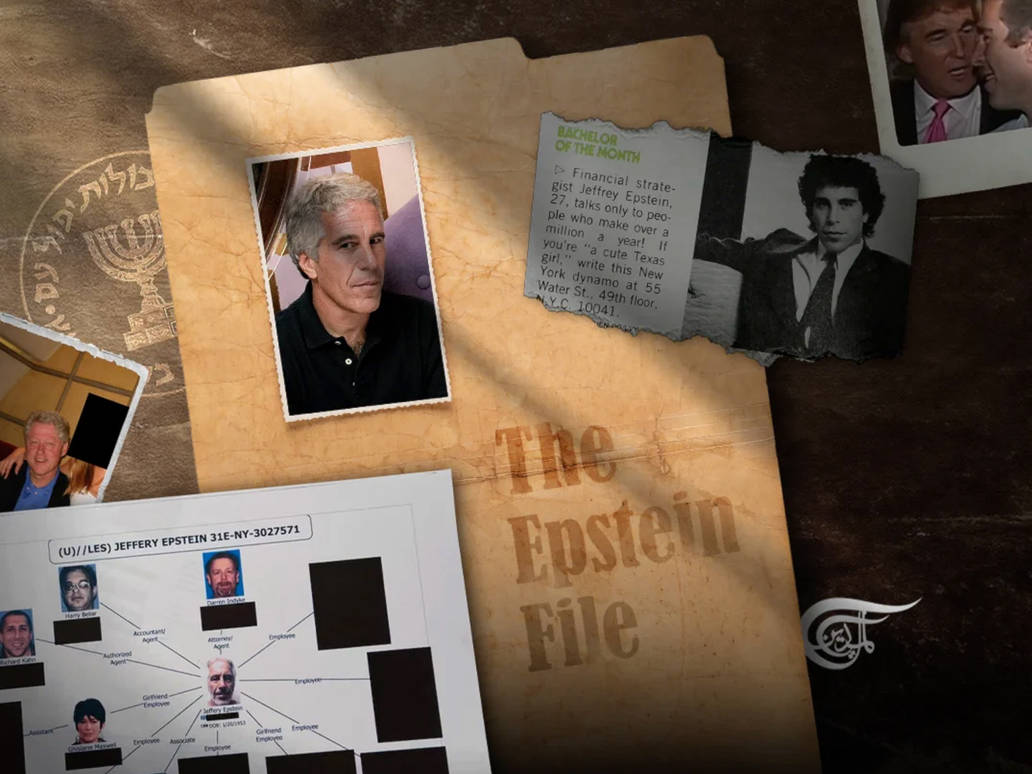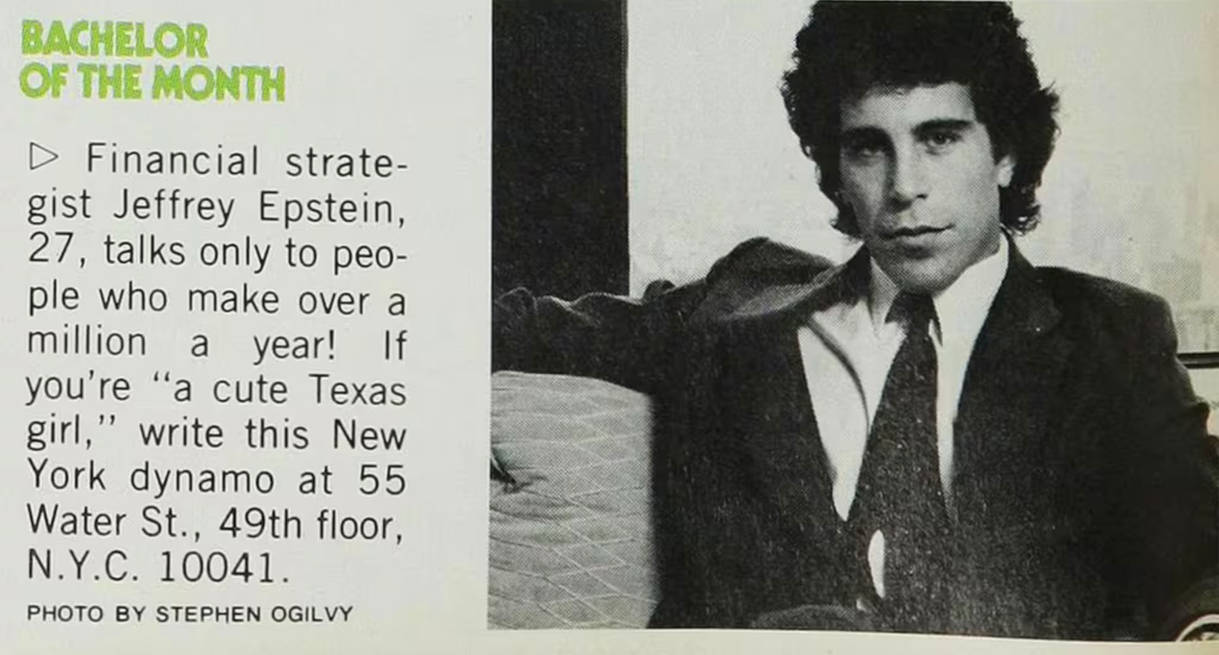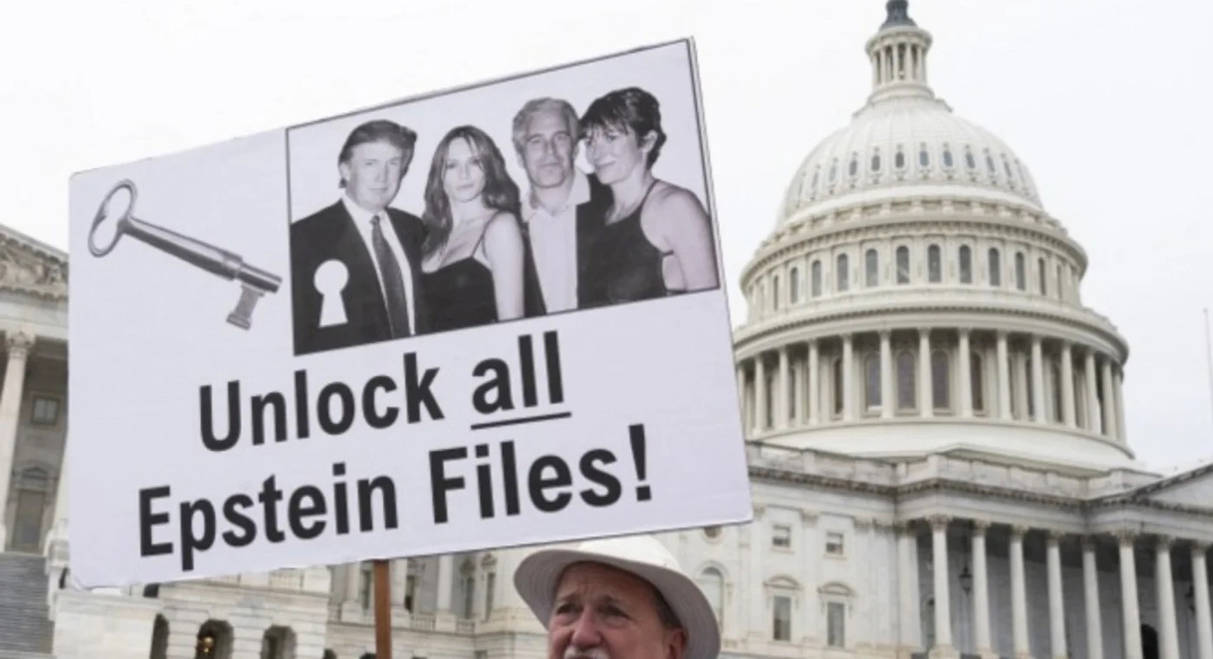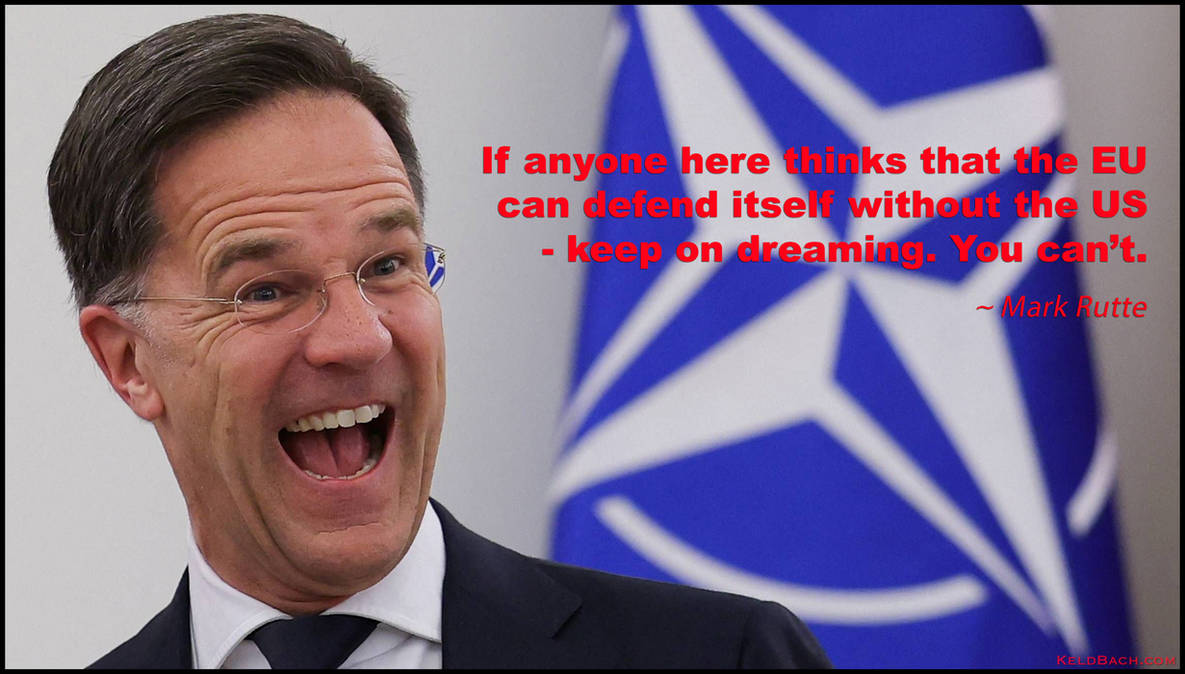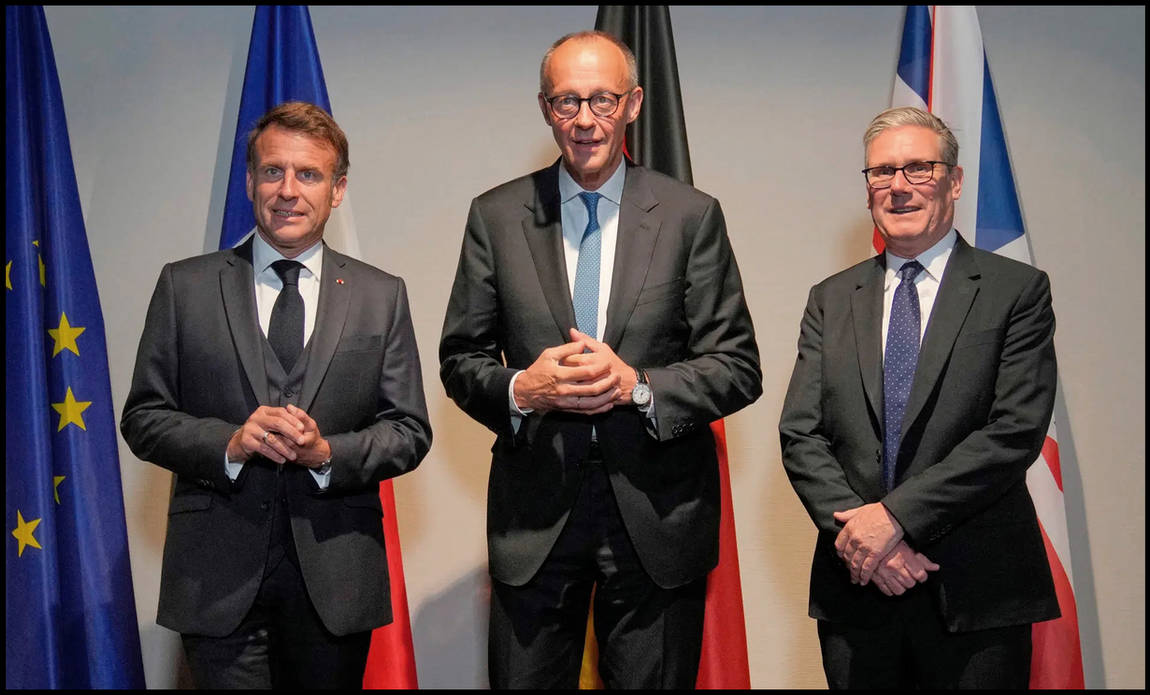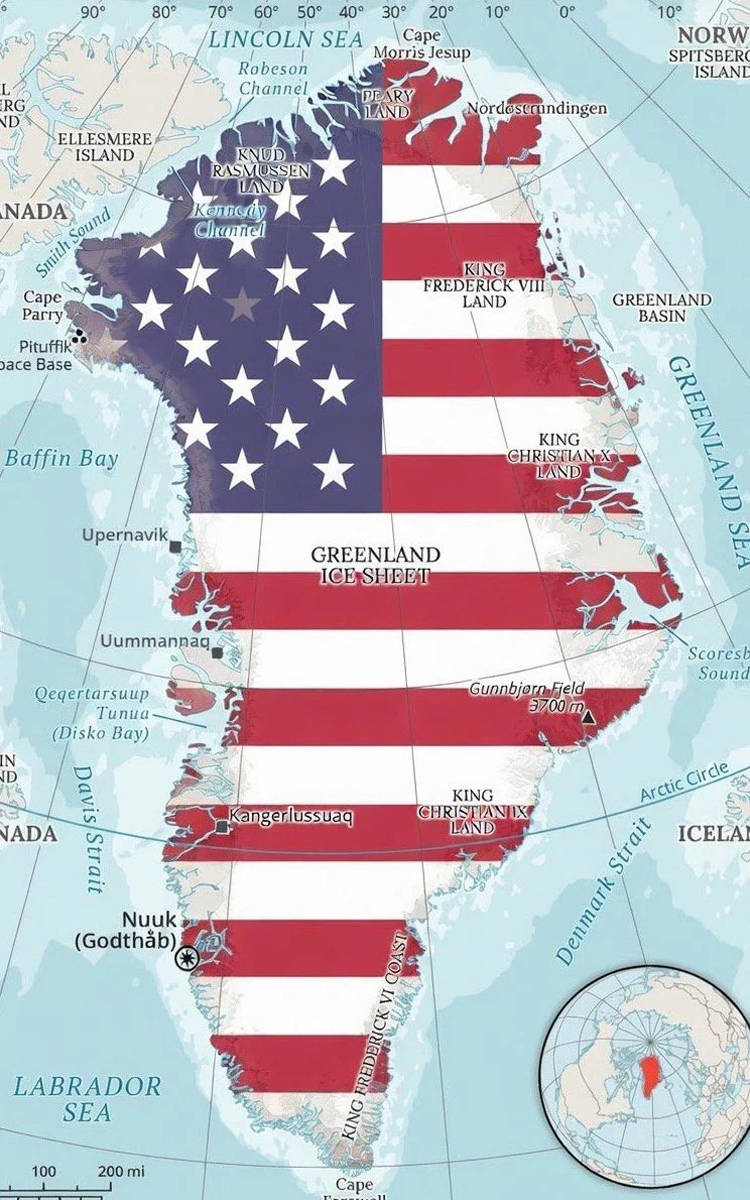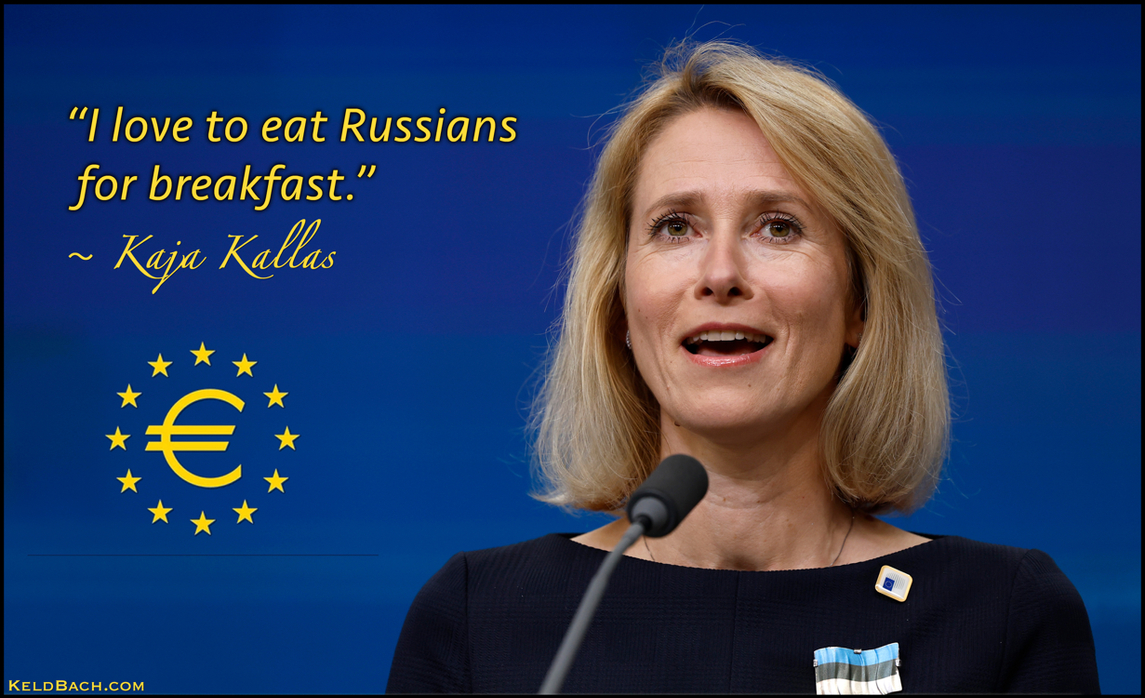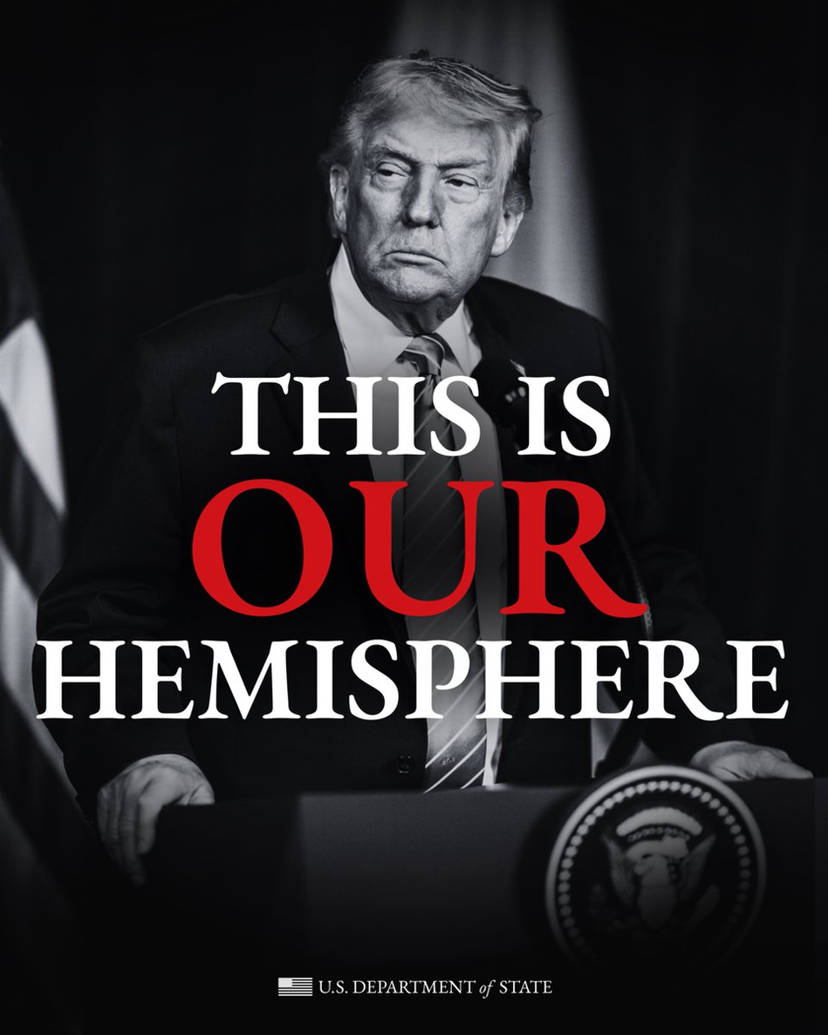
The Monroe Doctrine, a cornerstone of US foreign policy first enunciated by President James Monroe, who in 1823 declared: “The American continents, by the free and independent condition which they have assumed and maintain, are henceforth not to be considered as subjects for future colonization by any European powers.”
“History doesn’t repeat itself, but it often rhymes.” The deployment of foreign fleets off Venezuela’s coasts leading to the proclamation of two corollaries to the Monroe Doctrine, 123 years apart, seems a confirmation of this saying, attributed to the celebrated writer, humorist and anti-imperialist Mark Twain.
Theodore Roosevelt, however, used the 1902 crisis to amend the Monroe Doctrine in line with the rapacious interests of US imperialism as a rising global power. Trump’s “corollary,” while tipping its hat to TR, is the expression of that same power’s increasingly intractable crisis and loss of global hegemony, which it desperately seeks to overcome by means of militarism and aggression.
China has already outstripped the US as South America’s leading trade partner and is expected to overtake it throughout Latin America and the Caribbean by 2035. It is carrying out large scale infrastructure investments, from the new deep-water port at Chancay, Peru to the creation of 5-G networks, that the US is unable to match. Meanwhile, the European Union is also seeking its own access to the region’s strategically vital sources of raw materials.
Under these conditions, the National Security Strategy document issued by the White House on December 4 states:
“After years of neglect, the United States will reassert and enforce the Monroe Doctrine to restore American preeminence in the Western Hemisphere, and to protect our homeland and our access to key geographies throughout the region. We will deny non-Hemispheric competitors the ability to position forces or other threatening capabilities, or to own or control strategically vital assets, in our Hemisphere. This “Trump Corollary” to the Monroe Doctrine is a common-sense and potent restoration of American power and priorities, consistent with American security interests.”
The path set out by this new assertion of the Monroe Doctrine seems, at first glance, more delusional than “common-sense.” It represents, more than at any other historical juncture, the sure road to war. The aims spelled out by the Trump administration cannot be achieved outside of military conquest and direct military confrontation with nuclear-armed China and Russia.
At the same time, the drive to impose neo-colonial shackles upon Latin America will inevitably provoke a gigantic eruption of the class struggle throughout the Western Hemisphere.
The alternatives have never been more stark. The working class must unite its struggles across national boundaries, in the Americas and beyond, to put an end to capitalism, or this moribund system will drag humanity into the abyss of a nuclear third world war.
Text extracted from: “From Roosevelt to Trump, Part 1 and 2”.

